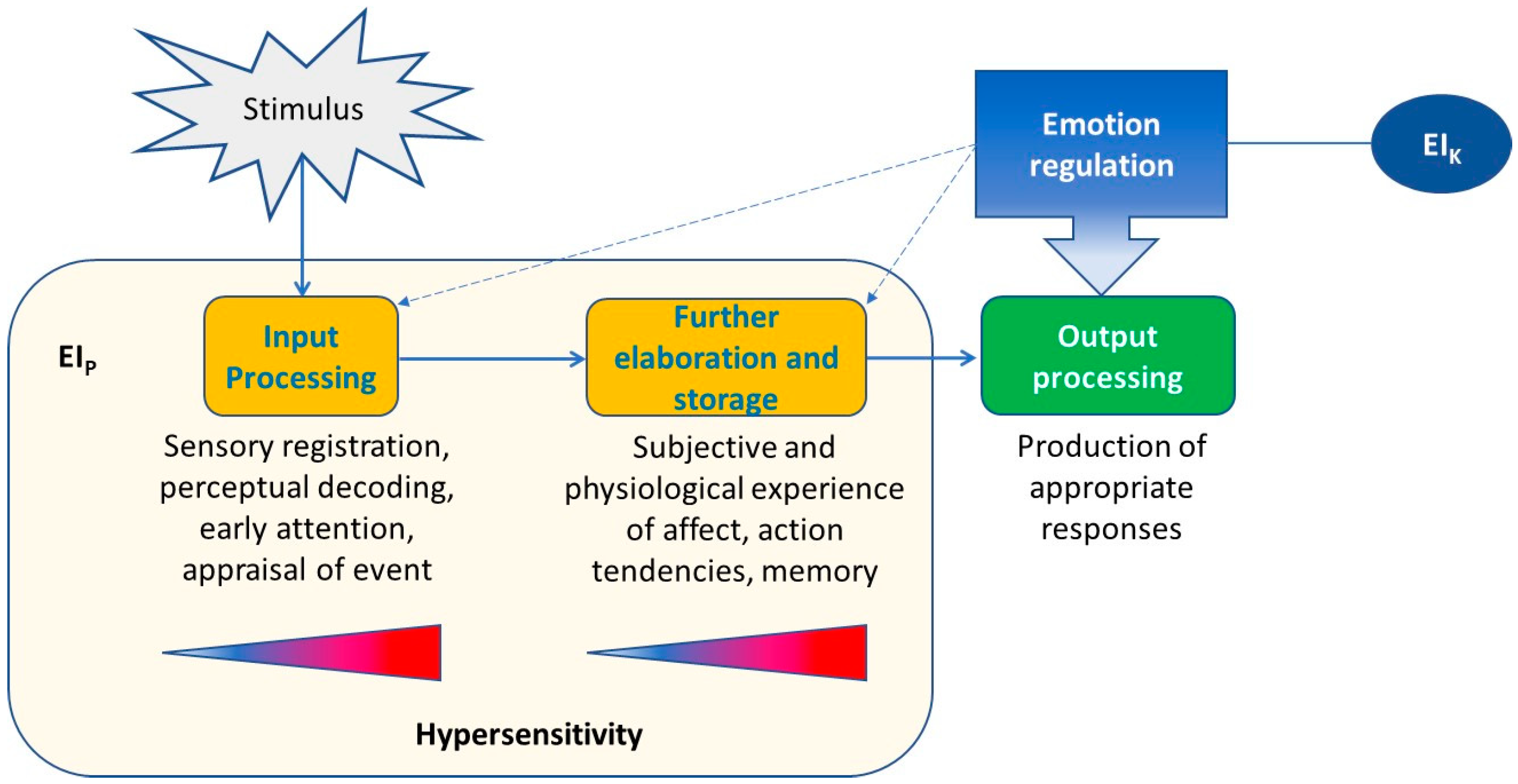Imagine being able to recall every detail of your first kiss, your wedding day, or the birth of your child as if it happened yesterday. For many of us, these memories are etched in our minds like precious jewels, shining brightly even after years have passed. But have you ever wondered why some experiences leave such an indelible mark on our memories, while others fade away like whispers in the wind?
A groundbreaking study published in the journal _Neuropsychologia_ has shed new light on the fascinating world of human memory, revealing the crucial role that emotions play in shaping our recollections. The research, conducted by a team of scientists, has significant implications for our understanding of how we form and retain memories, and could have far-reaching applications in fields such as psychology, education, and even marketing.
The Emotional Connection
The study found that emotional experiences, whether positive or negative, are more likely to be stored in our long-term memory than neutral events. This is because emotions trigger the release of certain chemicals in the brain, such as dopamine and norepinephrine, which enhance the consolidation of memories. In other words, when we are emotionally invested in an experience, our brain is more likely to prioritize it, making it easier to recall later on.
But what exactly makes an experience emotional? Is it the intensity of the feeling, the context in which it occurs, or something more complex? The researchers discovered that it's not just the strength of the emotion that matters, but also the personal significance we attach to it. For example, a person who has a strong emotional connection to a particular song may remember it vividly, even if they haven't heard it in years, because it's linked to a meaningful event or memory.
The Power of Storytelling
One of the most intriguing aspects of the study is the role of storytelling in memory formation. The researchers found that when we share our experiences with others, we are more likely to remember them ourselves. This is because storytelling involves the creation of a narrative, which helps to organize and structure our memories in a way that makes them easier to recall. In essence, by sharing our stories, we are reinforcing our own memories and making them more durable.
This has significant implications for how we learn and retain information. Imagine if educators could harness the power of storytelling to make learning more engaging and effective. Students would be more likely to remember complex concepts and ideas if they were presented in a narrative format, rather than as dry facts and figures.
Marketing and Memory
The study's findings also have important implications for the world of marketing. Advertisers have long known that emotional connections are key to creating memorable ads, but this research provides scientific backing for that intuition. By tapping into our emotions, advertisers can create ads that resonate with us on a deeper level, making them more likely to stick in our minds.
This study is just the beginning of a new frontier in memory research. As scientists continue to unravel the mysteries of human memory, we may uncover new ways to improve our ability to learn and remember. Imagine being able to enhance your memory with a simple technique, or to overcome debilitating conditions such as Alzheimer's disease.
this groundbreaking research has revealed the profound impact of emotions on our memories. By understanding how emotions shape our recollections, we can unlock the secrets of human memory and harness its power to improve our lives. Whether you're a student looking to improve your learning, a marketer seeking to create memorable ads, or simply someone who wants to hold onto precious memories, this study has something to offer.
So the next time you find yourself reminiscing about a fond memory, remember that it's not just the event itself that's important, but the emotions and personal significance you attached to it. By tapping into the power of emotions, we can unlock the full potential of our memories and create a more vivid, more meaningful, and more memorable life.



